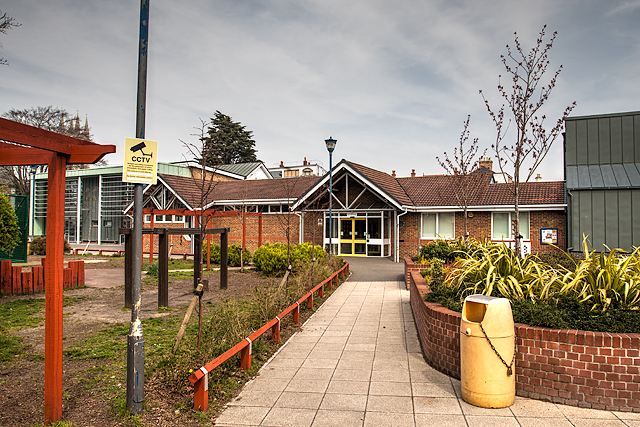Astronomer Alan Jefferis is in no doubt that the only way is up, and thanks to the hit BBC programme Stargazing Live, many more are beginning to see stars.
A member of Wessex Astrological Society Mr Jefferis, 75, has an alternative theory as to why popularity is rising: “It’s the natural beauty of the sky,” he said.
The society was founded in the 1970s, and now boasts 130 members, who meet every month. An event held last weekend at Durlston Country Park in conjunction with Stargazing Live saw more than double that number.
Mr Jefferis said: “It has had quite an impact on attendance at events we host in Durlston. On Saturday night it was a really good sky, even though up until 7pm it was cloudy.
[jwplayer config=”Custom Player_small-aside” mediaid=”8163″]“We had about 140 people, 25 of them children. We had a dozen telescopes alongside the permanent one at Durlston. It was a great event.”
However, Sunday’s event was hampered by inclement conditions. Mr Jeffris said: “It was clear to everybody that it was going to be cloudy!”
The Wessex Astrological Society website is composed of pictures that Mr Jeffris and his compatriots have taken through the telescope at Durlston country park. “I’m keen on making images of distant objects and galaxies.” he said. “Through a telescope like the one at Durlston which is a 14 inch aperture the night sky is very impressive.”
The most impressive artifact in the sky? “The Orion Nebula.” Mr Jefferis said. “It is the largest nebulae of that sort; a star formation region. There is a lot to think about what is going on there!”







